BLOG
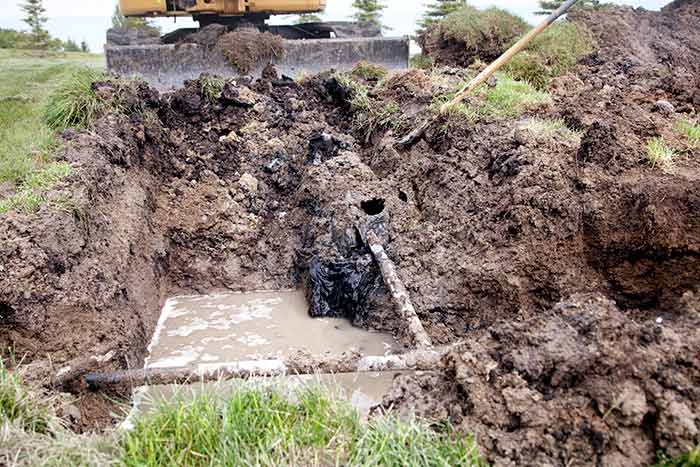
Septic leaks and other problems can be surprisingly hazardous and dangerous. You need to be aware of the different dangers that can go along with septic problems so you can help to prevent problems to protect your family from any associated risks.
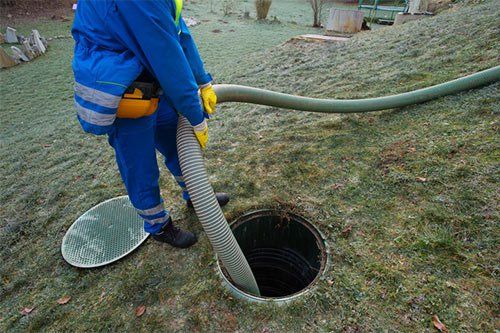
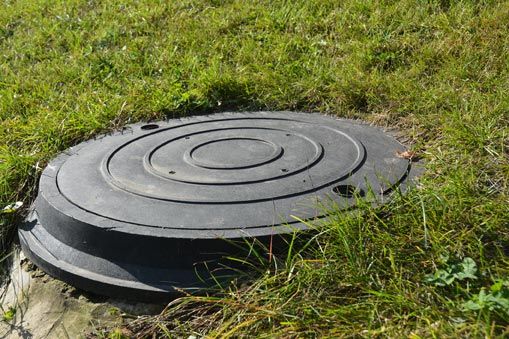
Whether you're a new homeowner with a septic system already installed or you're thinking of buying or building a home without sewer hookups, you'll need to prepare for a few differences in maintenance, usage, and budgeting. This guide lists three ways your budget will work differently when your wastewater is processed through a septic system.
1. You Won't Need to Budget for City Sewer Service
City sewer service is often based on how much water you buy from the city since the municipal wastewater system typically processes all the water. If you have a septic system, then you won't need to pay for the sewer wastewater service.
Many homes that have septic systems also rely on wells for fresh water rather than using city water, so you'll likely save money in that category as well. However, in this situation, you'll need to budget for annual well testing because private wells can sometimes become contaminated by a septic system.
2. You'll Need to Add Septic Maintenance to Your Budget
Although you don't have to pay the city for the use of your septic system, you will have to pay for maintenance costs if you want the system to keep working well. These maintenance costs include annual inspections and regular tank pumping, and perhaps an occasional repair such as a baffle replacement or a tree root removal.
These maintenance costs and occasional repair costs can add up, so you may want to set up an emergency fund for unexpected repair costs. For example, you can make a designated category in your budget for septic repair and maintenance or include these costs in your existing home maintenance category.
You'll also need to budget the price of one inspection and start saving for a tank pumping. If you save about one-third of the cost each year, then you’ll have enough saved to have your tank pumped, since you only need to do this once every few years.
Spreading the costs out over the months is the best budgeting plan, even for an expenditure such as a tank pumping that doesn't happen every year, since it helps you anticipate the costs.
3. You Might Need to Budget for Septic Replacement
A septic system can last up to 25 or even 30 years. If you have a relatively new septic system and you're planning to sell the house within a few years, then you may not end up needing to replace the tank or the leach field. However, you should that when you try to sell the house once the septic system is a couple of decades old, your house's market value may be lower.
However, if you're house has a septic system that is more than a decade old, then you'll want to start looking into how much replacement will cost. Even though a well-maintained system can last 25 years or more, the working life may be shortened. For example, if the previous owners didn't keep up with maintenance or if the system was installed in clay soil.
Because of these and other variables, you should be prepared to replace the entire system (or at least major parts of it) early if need be. Starting to save up for this possibility is a wise move. Like any unexpected major expense, a septic system replacement can put you into debt if you don't have enough emergency funds.
Use these three ways to budget differently when you own a septic system. If you're looking for someone to pump your home's septic tank or perform an annual septic inspection, then give us a call today. Our team at C.E. Taylor and Son Inc. will be glad to help you assess, maintain, or repair any septic system.
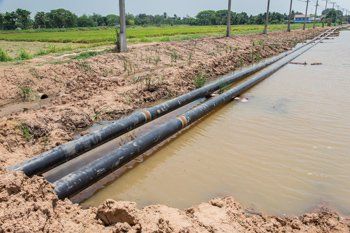
- Trees and shrubs, as well as other plants with deep, aggressive roots
- High-maintenance plants that will require lots of foot traffic to the area
- Edible plants; they could absorb contaminants (especially if there's ever a leak)
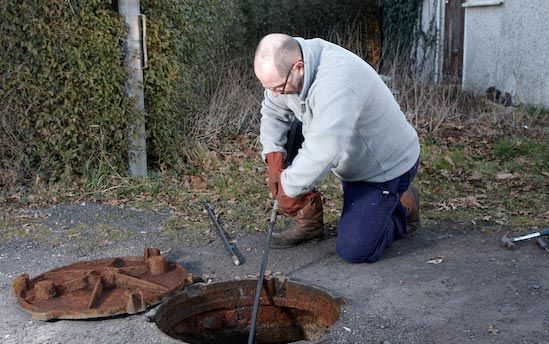
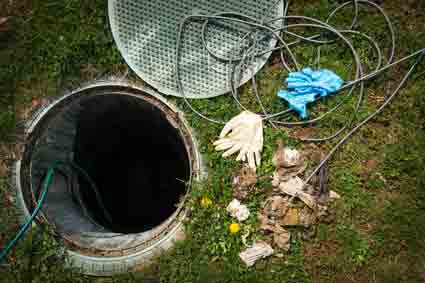
Conserving water is useful for a number of reasons — for example, it’s better for the environment — but it also prolongs the life of your septic system. Here's a look at why water conservation is helpful and what you can do to cut down the amount of water you use at home.
The waste in your septic tank separates into layers. The heavy solids fall to the bottom where they decompose and form sludge, while the light material such as fat and oil floats to the top and forms a scum layer. Wastewater is sandwiched between these two layers.
Waste enters one side of the tank and separates into layers, and then wastewater flows out the other side. Sludge and scum are trapped in the tank to be pumped out later. The rate at which water leaves the tank depends on how much water you flush down your drains.
If you use a lot of water, water flows through the tank and empties into the drainfield quicker. Ideally, wastewater has enough time to sit in the tank for solids and scum to separate before the water is pushed out. This protects the drainfield and tank from being clogged by bits of solids or clumps of grease.
How to Conserve Water and Protect Your Septic System
There are several ways to conserve water in your home, and some don't require any money at all. For instance, you can take shorter showers and turn off the water when you brush your teeth and between rinsing dishes. Limit running the dishwasher and clothes washer to times when you have full loads and avoid running multiple loads of wash one after the other.
Consider how your water use affects the septic tank. By being aware of your actions, you can space your water usage apart to allow time for the waste to separate in the tank. Other water conservation methods require investing in new plumbing supplies.
You can put aerators on your faucets and have low-flow shower heads installed in your bathrooms. These are relatively inexpensive ways to cut down on the amount of water you use without even trying. Another good way to reduce water use automatically is to buy high-efficiency appliances.
You can buy many types of appliances that are made to use less water, including toilets and washing machines. While it can be expensive to replace all your appliances at once, consider buying high-efficiency models when you're ready to upgrade. Other practices you'll want to avoid include draining a hot tub or swimming pool into a drain or over the drainfield.
Instead, drain all that excess water away from your septic system and house so it doesn't impact the tank or stress the field. Also, you'll want to repair plumbing leaks promptly. A leaky faucet or running toilet wastes a surprising amount of water over the course of the day, and it drains straight into your septic tank.
By allowing the wastewater to settle properly, the septic system can work as it is designed. Proper settling is the first step in the treatment of waste that leaves your home. It's necessary so the drainfield can do its important job of filtering the water as it seeps through the soil.
Conserving water helps your system work better, and it helps you avoid unnecessary septic system repairs. Call C.E. Taylor and Son, Inc., when your septic tank needs attention. We can clean, repair, or replace the tank or drainfield as needed to get your system back in shape.
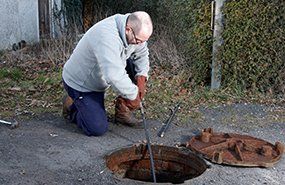
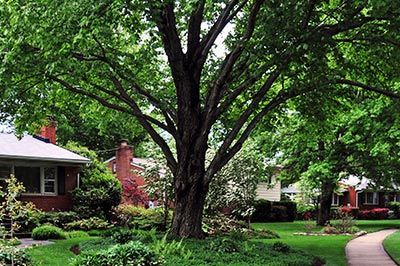
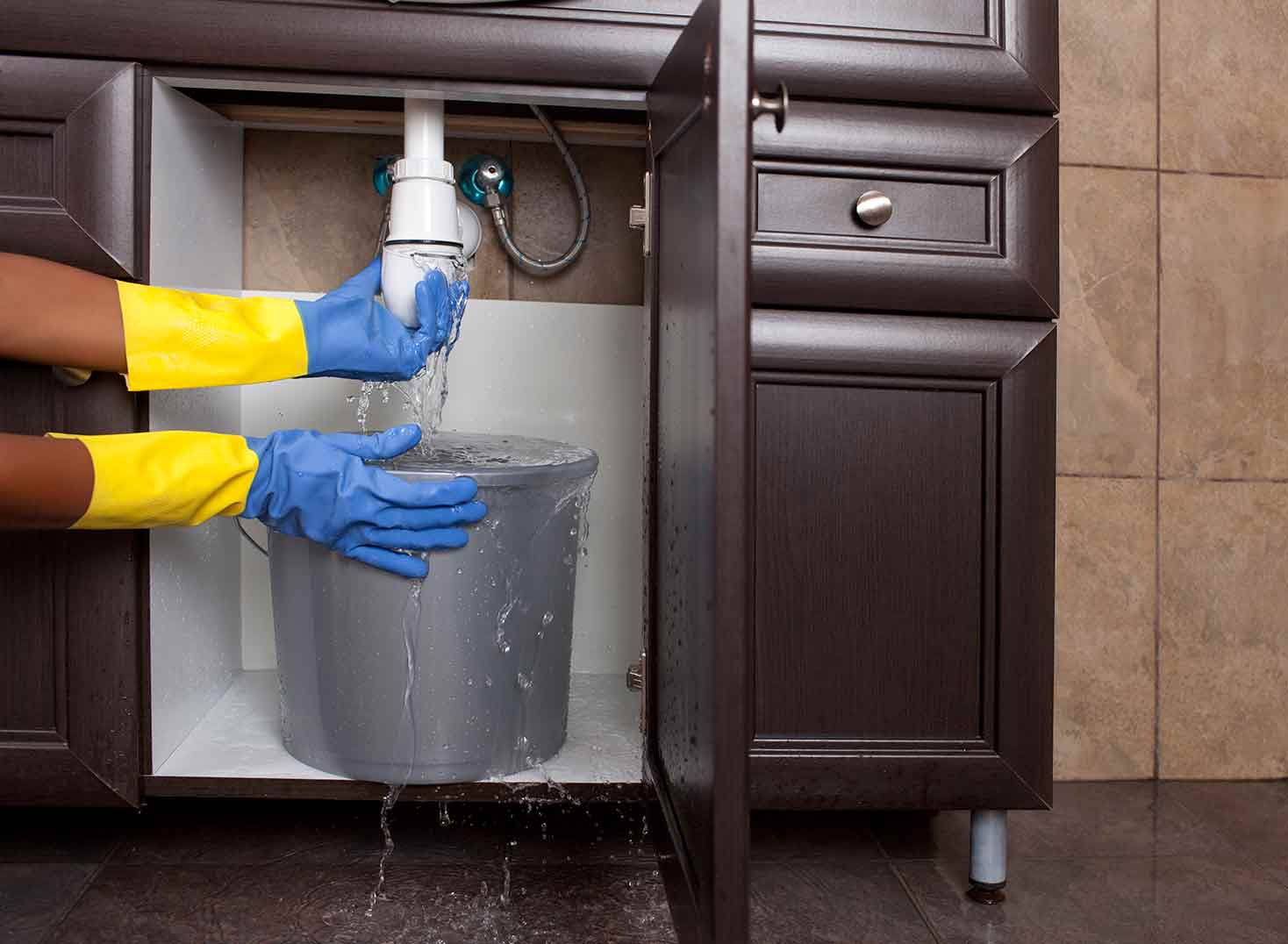
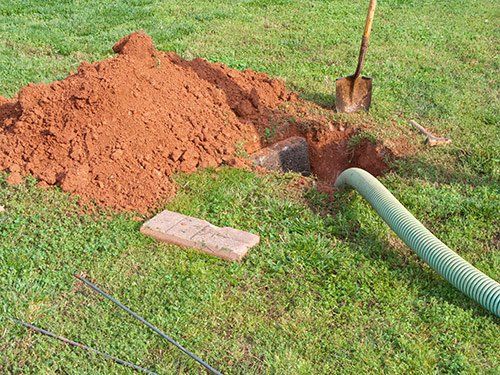

Septic leaks and other problems can be surprisingly hazardous and dangerous. You need to be aware of the different dangers that can go along with septic problems so you can help to prevent problems to protect your family from any associated risks.


Whether you're a new homeowner with a septic system already installed or you're thinking of buying or building a home without sewer hookups, you'll need to prepare for a few differences in maintenance, usage, and budgeting. This guide lists three ways your budget will work differently when your wastewater is processed through a septic system.
1. You Won't Need to Budget for City Sewer Service
City sewer service is often based on how much water you buy from the city since the municipal wastewater system typically processes all the water. If you have a septic system, then you won't need to pay for the sewer wastewater service.
Many homes that have septic systems also rely on wells for fresh water rather than using city water, so you'll likely save money in that category as well. However, in this situation, you'll need to budget for annual well testing because private wells can sometimes become contaminated by a septic system.
2. You'll Need to Add Septic Maintenance to Your Budget
Although you don't have to pay the city for the use of your septic system, you will have to pay for maintenance costs if you want the system to keep working well. These maintenance costs include annual inspections and regular tank pumping, and perhaps an occasional repair such as a baffle replacement or a tree root removal.
These maintenance costs and occasional repair costs can add up, so you may want to set up an emergency fund for unexpected repair costs. For example, you can make a designated category in your budget for septic repair and maintenance or include these costs in your existing home maintenance category.
You'll also need to budget the price of one inspection and start saving for a tank pumping. If you save about one-third of the cost each year, then you’ll have enough saved to have your tank pumped, since you only need to do this once every few years.
Spreading the costs out over the months is the best budgeting plan, even for an expenditure such as a tank pumping that doesn't happen every year, since it helps you anticipate the costs.
3. You Might Need to Budget for Septic Replacement
A septic system can last up to 25 or even 30 years. If you have a relatively new septic system and you're planning to sell the house within a few years, then you may not end up needing to replace the tank or the leach field. However, you should that when you try to sell the house once the septic system is a couple of decades old, your house's market value may be lower.
However, if you're house has a septic system that is more than a decade old, then you'll want to start looking into how much replacement will cost. Even though a well-maintained system can last 25 years or more, the working life may be shortened. For example, if the previous owners didn't keep up with maintenance or if the system was installed in clay soil.
Because of these and other variables, you should be prepared to replace the entire system (or at least major parts of it) early if need be. Starting to save up for this possibility is a wise move. Like any unexpected major expense, a septic system replacement can put you into debt if you don't have enough emergency funds.
Use these three ways to budget differently when you own a septic system. If you're looking for someone to pump your home's septic tank or perform an annual septic inspection, then give us a call today. Our team at C.E. Taylor and Son Inc. will be glad to help you assess, maintain, or repair any septic system.

- Trees and shrubs, as well as other plants with deep, aggressive roots
- High-maintenance plants that will require lots of foot traffic to the area
- Edible plants; they could absorb contaminants (especially if there's ever a leak)


Conserving water is useful for a number of reasons — for example, it’s better for the environment — but it also prolongs the life of your septic system. Here's a look at why water conservation is helpful and what you can do to cut down the amount of water you use at home.
The waste in your septic tank separates into layers. The heavy solids fall to the bottom where they decompose and form sludge, while the light material such as fat and oil floats to the top and forms a scum layer. Wastewater is sandwiched between these two layers.
Waste enters one side of the tank and separates into layers, and then wastewater flows out the other side. Sludge and scum are trapped in the tank to be pumped out later. The rate at which water leaves the tank depends on how much water you flush down your drains.
If you use a lot of water, water flows through the tank and empties into the drainfield quicker. Ideally, wastewater has enough time to sit in the tank for solids and scum to separate before the water is pushed out. This protects the drainfield and tank from being clogged by bits of solids or clumps of grease.
How to Conserve Water and Protect Your Septic System
There are several ways to conserve water in your home, and some don't require any money at all. For instance, you can take shorter showers and turn off the water when you brush your teeth and between rinsing dishes. Limit running the dishwasher and clothes washer to times when you have full loads and avoid running multiple loads of wash one after the other.
Consider how your water use affects the septic tank. By being aware of your actions, you can space your water usage apart to allow time for the waste to separate in the tank. Other water conservation methods require investing in new plumbing supplies.
You can put aerators on your faucets and have low-flow shower heads installed in your bathrooms. These are relatively inexpensive ways to cut down on the amount of water you use without even trying. Another good way to reduce water use automatically is to buy high-efficiency appliances.
You can buy many types of appliances that are made to use less water, including toilets and washing machines. While it can be expensive to replace all your appliances at once, consider buying high-efficiency models when you're ready to upgrade. Other practices you'll want to avoid include draining a hot tub or swimming pool into a drain or over the drainfield.
Instead, drain all that excess water away from your septic system and house so it doesn't impact the tank or stress the field. Also, you'll want to repair plumbing leaks promptly. A leaky faucet or running toilet wastes a surprising amount of water over the course of the day, and it drains straight into your septic tank.
By allowing the wastewater to settle properly, the septic system can work as it is designed. Proper settling is the first step in the treatment of waste that leaves your home. It's necessary so the drainfield can do its important job of filtering the water as it seeps through the soil.
Conserving water helps your system work better, and it helps you avoid unnecessary septic system repairs. Call C.E. Taylor and Son, Inc., when your septic tank needs attention. We can clean, repair, or replace the tank or drainfield as needed to get your system back in shape.

